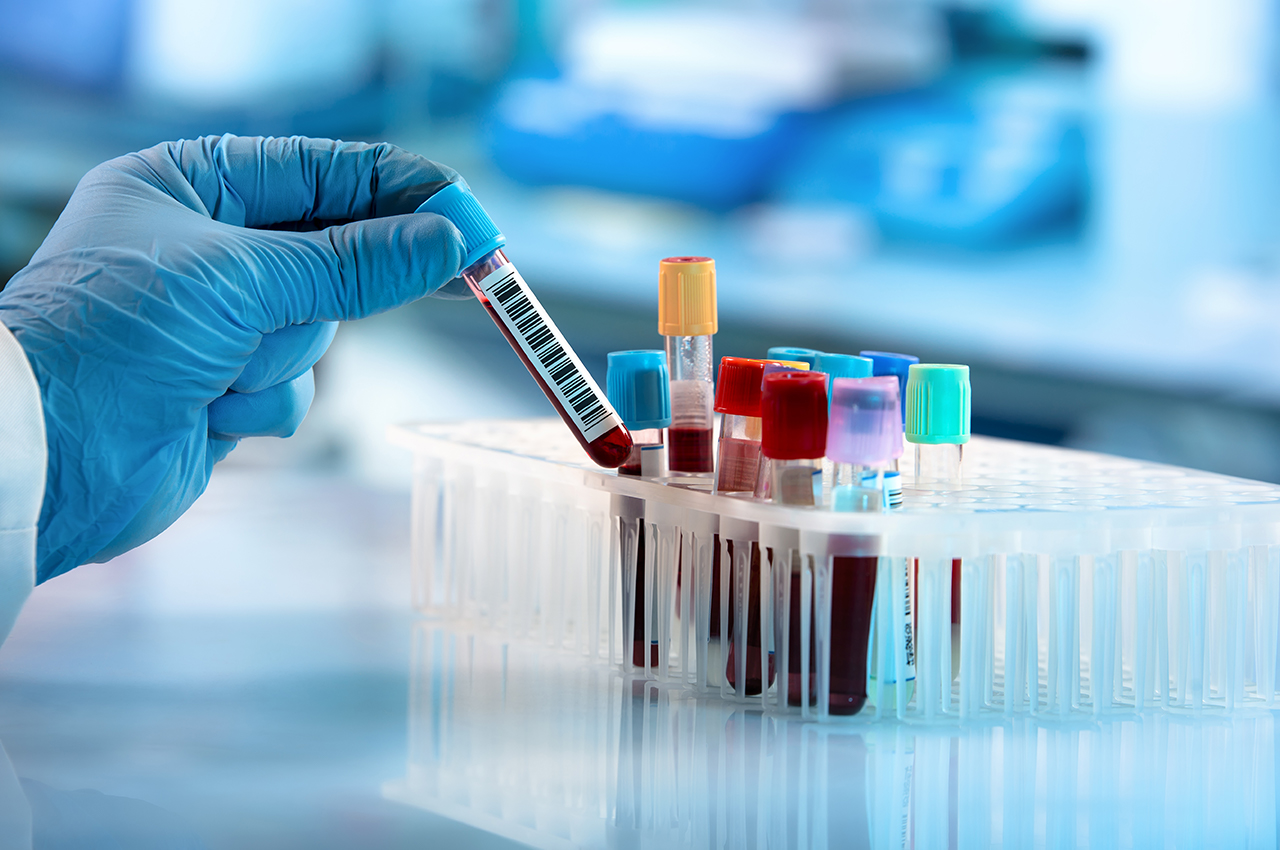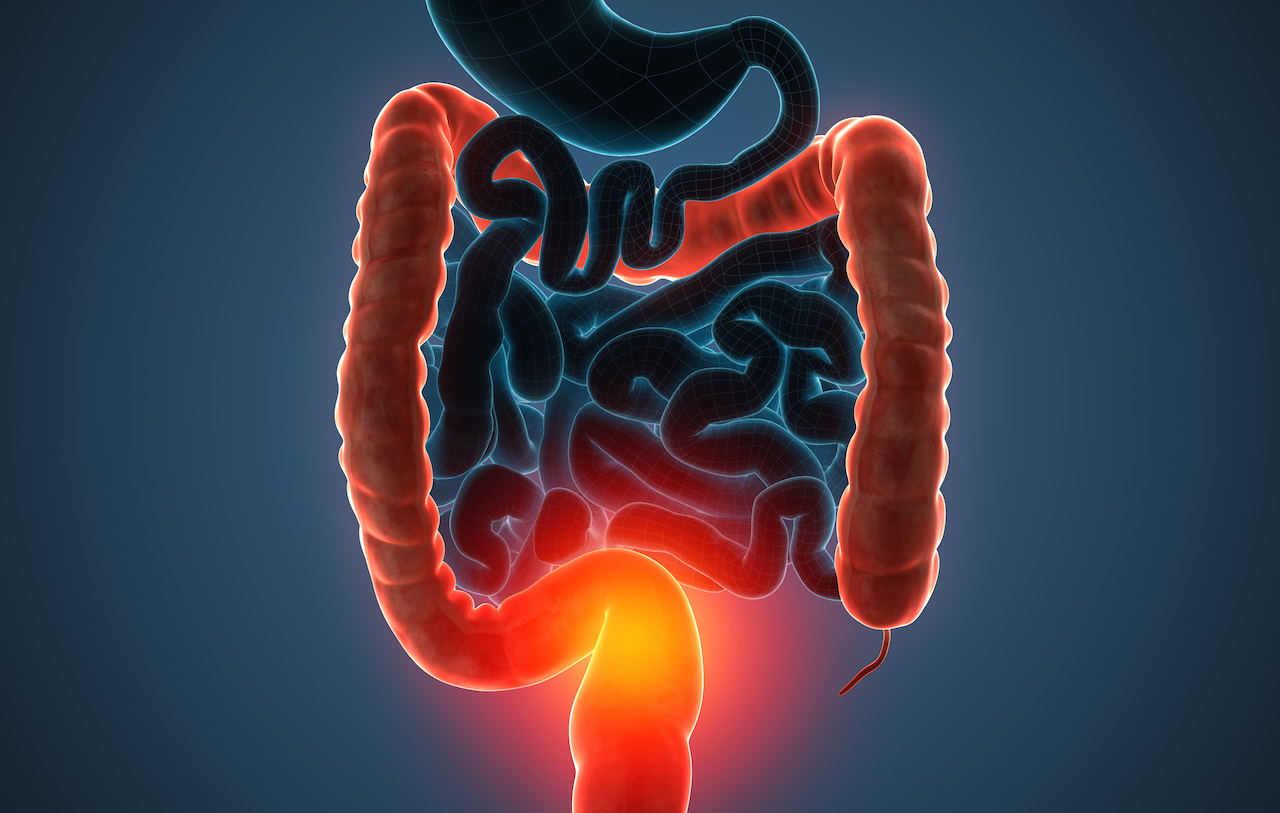Perhaps you’re bloated, experience random headaches or are just tired all the time? You’ve tried the usual remedies, but the relief is temporary. Functional medicine may help.
Functional medicine vs Conventional medicine: What’s the difference?
Conventional medicine analyses symptoms, identifies a disease and creates a treatment plan based on those symptoms. For example, for help with eczema, the conventional approach might be to focus on symptoms and the doctor might suggest medication like antihistamines that could suppress the inflammation and reduce the symptoms.
Functional medicine, sometimes called ‘alternative’ or ‘integrative medicine’, investigates the root cause. The functional medicine doctor might look for triggers such as toxins, allergens, or food sensitivities that could be causing the symptoms, and may use a wide variety of different tests to decide the best treatment strategy.
If you’re struggling with your health, these 6 lab tests may help give you the insight you need to improve it :
1. 24-hour adrenal stress index
The adrenal glands are tiny organs above the kidneys that manufacture a variety of hormones that your body needs to thrive. Ongoing periods of stress overwork the adrenal glands and cause them to stop working as well as they should, which in turn causes adrenal fatigue. This can lead to feelings of fatigue, anxiety, depression, brain fog, weight gain, irritability, decreased sex drive, and trouble sleeping.
The 24-hour adrenal stress index is a saliva test that tracks your cortisol levels throughout the day.
2. Full thyroid panel
The thyroid is a small gland located in the lower-front part of your neck. It helps regulate many of the body’s processes, including metabolism and mood. Thyroid function tests are a series of blood tests that measure how well your thyroid gland is working. Signs of thyroid dysfunction include fatigue, weight gain, dry skin, hair loss, and depression. Many underlying thyroid problems don’t appear on standard tests performed in conventional medicine. During functional medicine, a thyroid test is comprehensive and can help eliminate possible autoimmune thyroid problems.
3. Gut permeability tests
Gut health is the window to overall health. When your gut lining is damaged, due to lifestyle factors such as stress, poor diet and medication, it can cause undigested food and bacteria to pass into the bloodstream. This, in turn, causes body-wide inflammation. Symptoms of poor gut health include bloating, fatigue, digestive issues, skin problems and food sensitivities.
Gut permeability tests check the permeability of your gut and whether there are antibodies and bacterial endotoxins in your blood that should not be there.
4. Sex hormone labs
Both men and women need balanced levels of oestrogen, progesterone and testosterone for optimal health. Although the ratios are different for men and women, all the sex hormones are players, and when they are out of balance, can lead to symptoms like weight gain, depression, erectile dysfunction, low sex drive, infertility, acne, depression, and more. These tests help evaluate men for low testosterone and women for excess testosterone production.
5. Inflammation labs
Inflammation contributes to many diseases – heart disease, cancer, dementia, arthritis, autoimmune diseases, fatigue, allergies, digestive disorders and even weight gain. Although a certain amount of inflammation is healthy to fight off infections, viruses, and other injuries, chronic inflammation can be problematic. A blood test that tests for the most complete picture of chronic inflammation can help.
6. Genetic testing
You cannot change your DNA, but you can influence how your body responds to different conditions. For example, certain genetic mutations can make you more susceptible to drug reactions, nutrient imbalances, and so on. Specialised genetic lab tests can help identify your possible genetic weaknesses, and ultimately help intervene, and balance risk factors with natural medicines and lifestyle changes.
The bottom line: Both conventional medicine and functional medicine doctors rely on laboratory test results to better understand what is going on inside the body. Functional medicine digs deeper. Talk to your doctor about testing and make sure the tests are covered by your medical aid.










